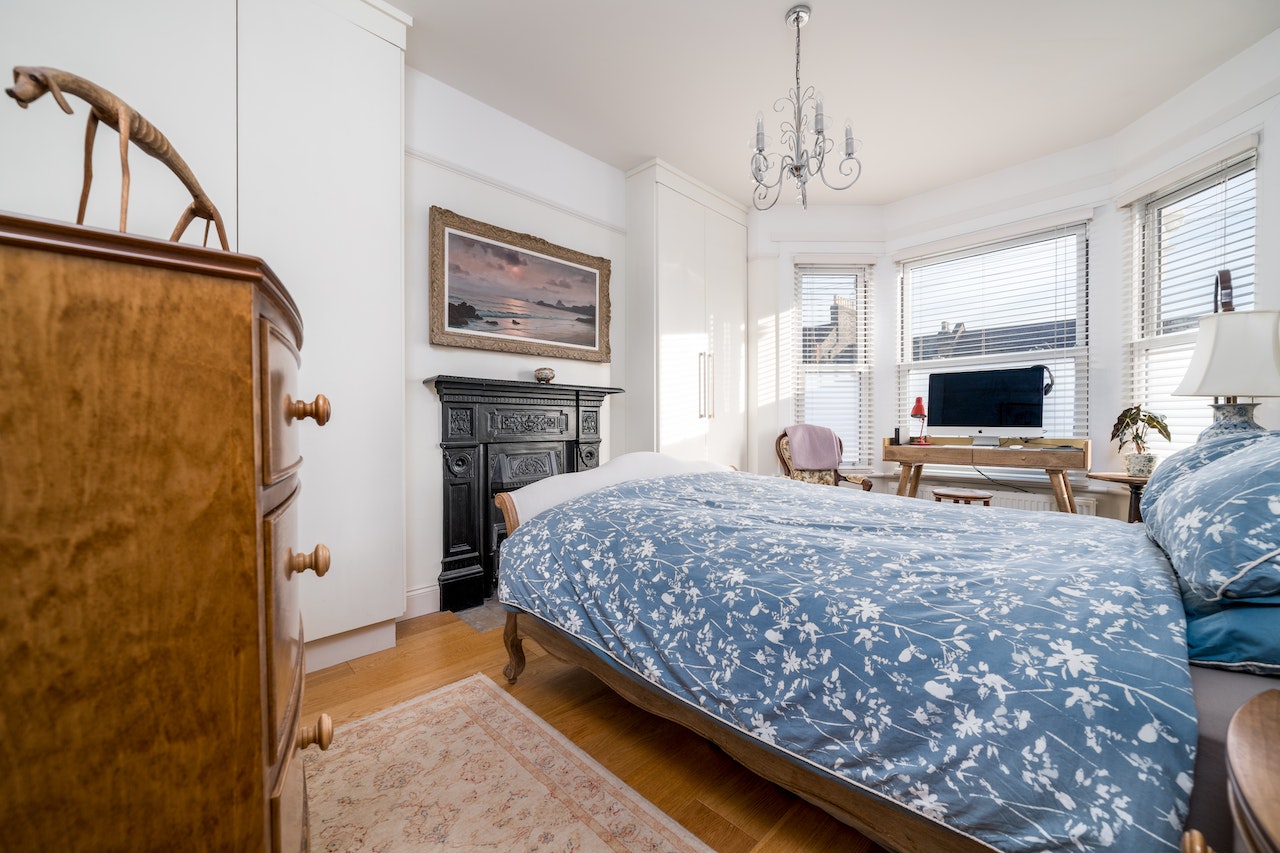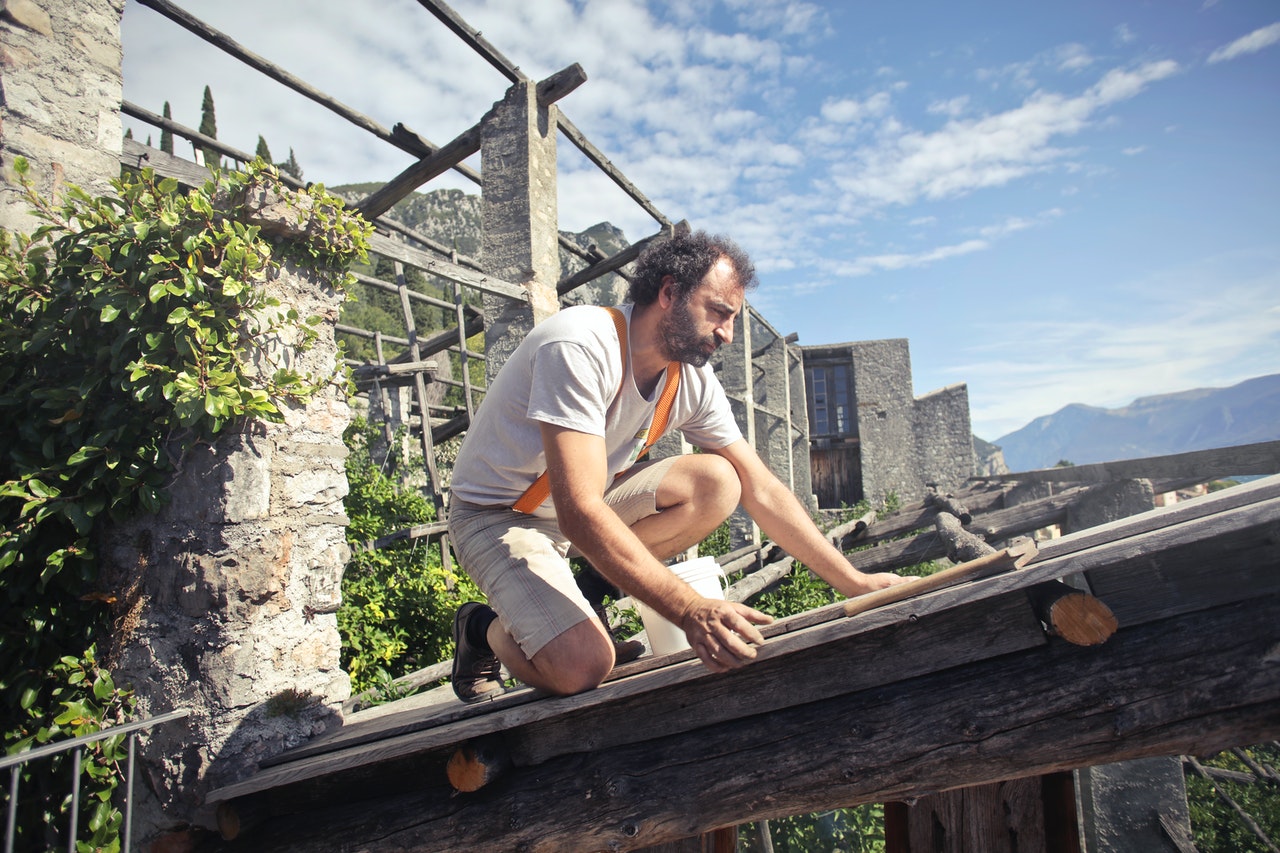Choosing the right windows is an important decision when building or renovating a home. Energy-efficient models such as passive house windows are becoming increasingly popular due to their sustainability and overall performance. This article will discuss the benefits of choosing such windows for your home.
Understanding Passive House Standards
They are designed to meet the guidelines for creating sustainable buildings. These standards focus on reducing the energy demand of a building by optimising its design, insulation, ventilation, and other components. The ultimate goal is to achieve net-zero energy consumption, meaning that the building produces as much energy as it consumes. Energy-efficient windows play a crucial role in achieving these standards, as they are created to provide optimal thermal performance and reduce energy consumption.
Energy Efficiency
One of the most significant benefits of sustainable windows is their energy efficiency. They are designed to provide optimal thermal performance by reducing heat loss in the winter and heat gain in the summer. This is achieved through high-quality materials, including multi-pane glass, low-emissivity coatings, and insulated frames. Energy-efficient windows create an airtight seal that prevents drafts and leaks, resulting in a comfortable indoor environment that requires less heating and cooling. This translates into lower energy bills and reduced carbon emissions, making them an environmentally-friendly choice.
Comfort and Well-being
Sustainable windows not only save energy but also improve the comfort and well-being of the occupants. They provide ample natural light and ventilation, positively impacting mood and productivity. Additionally, energy-efficient windows reduce outside noise, creating a quieter and more peaceful indoor environment. High-quality materials and the airtight seal created by such windows also help maintain a consistent temperature throughout the day and night, resulting in a comfortable indoor environment.
Sustainability
This is an increasingly important consideration in building design and construction. Sustainable windows are a solution that reduces energy consumption and carbon emissions. They also promote a healthier indoor environment, reducing the need for artificial heating and cooling, which can contribute to air pollution and other environmental problems. In addition, they can be recycled at the end of their life cycle, making them a more environmentally friendly option than traditional windows.
Long-Term Cost Savings
While sustainable windows may cost more upfront than traditional windows, they offer long-term cost savings. The reduced energy consumption and lower utility bills result in significant savings over time. Additionally, they have a longer lifespan than traditional windows, meaning that they need to be replaced less frequently, further reducing long-term costs. Investing in these windows can also increase the overall value of a property as more and more people are looking for eco-friendly, energy-efficient homes.
Increased Property Value
As more people become aware of the benefits of energy-efficient windows, they are increasingly sought after. Investing in these windows can increase the overall value of a property, as they offer long-term cost savings and contribute to a healthier, more sustainable future. This makes them a wise investment for those looking to improve their home’s value and reduce their environmental footprint.
Design Flexibility
Sustainable windows offer a range of design options, making them suitable for various architectural styles. They are available in various shapes, sizes, and finishes, making them versatile for new builds and renovations. The wide range of design options ensures that homeowners can choose a window that complements their home’s style while benefiting from the energy efficiency and high performance of these windows.
Conclusion
In conclusion, choosing passive house windows is an intelligent investment offering many benefits. They are energy-efficient, promote comfort and well-being, contribute to sustainability, offer long-term cost savings, increase property value, and provide design flexibility. By meeting the standards, these windows play a crucial role in achieving net-zero energy consumption, making them a crucial component of a healthier and more sustainable future.


